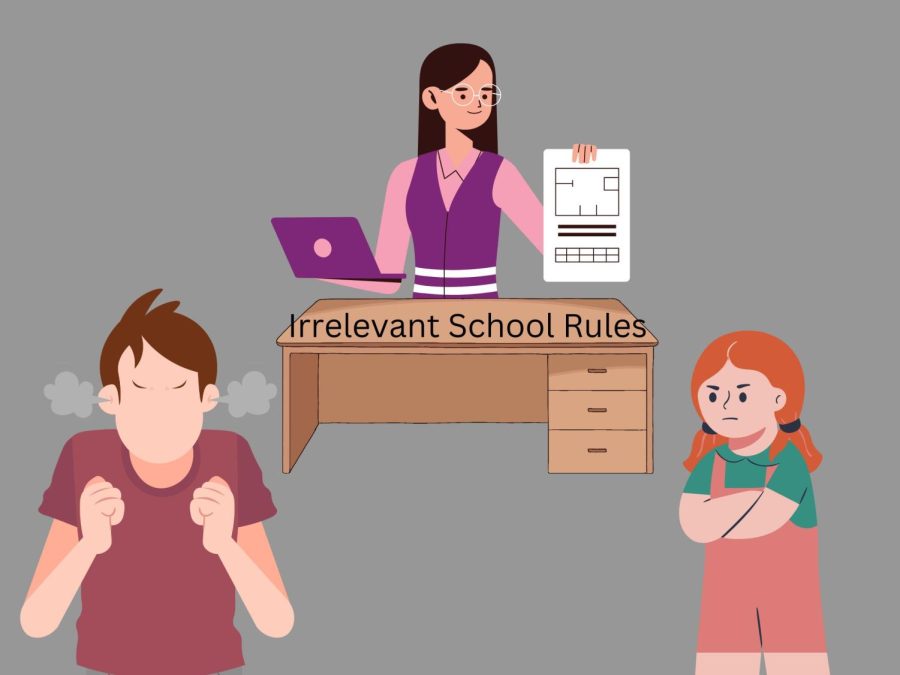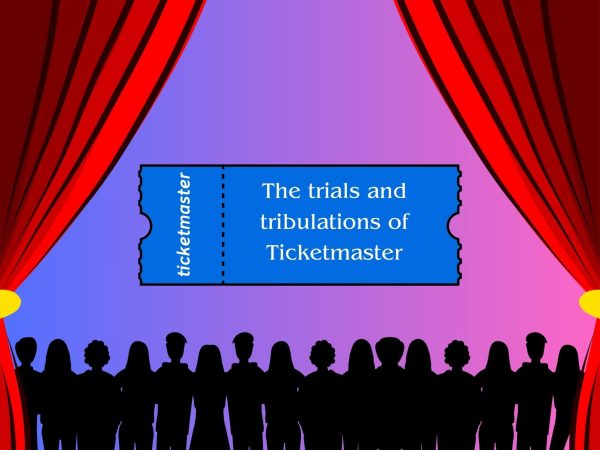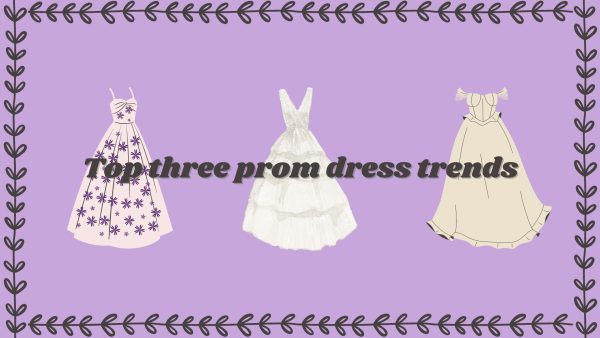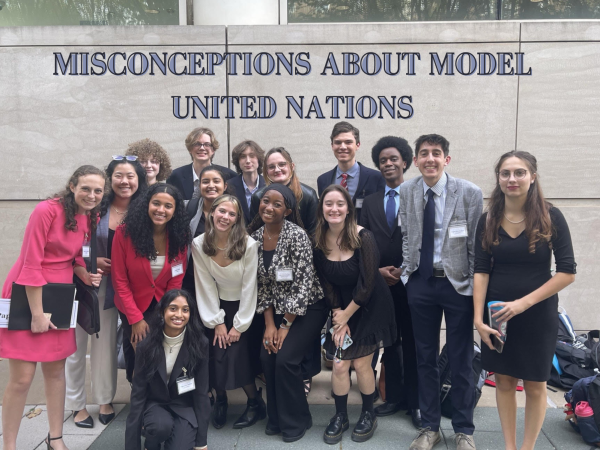Irrelevancy in school rules
While teachers attempt to engage students in their lessons, certain rules established for learners remain unnecessary and in several cases, dramatic. Students may not find it critical to follow ridiculous rules school boards and teachers enforce. Arbitrary rules over chewing gum, hoods or the choice to stand for the pledge of allegiance can lead to problems nationwide.
October 31, 2022
Schools constantly enforce unnecessary rules for students, controlling their time and restricting their rights. Schools exist to educate children, not administer insignificant rules for kids at an impressionable age. Specific regulations may shape the way a child behaves for the rest of their life, including their effort in school and their future careers. Schools should prioritize students’ opinions, as they remain the ones affected.
When enough students disagree with certain school rules, they may try to make a change by creating campaigns and petitions. The methods students use when they feel passionate about something seem to increase their creativity. Methods to change school regulations include intentionally breaking certain rules, putting up posters and interviewing students on their opinions.
“I remember on the last day of sixth grade, my friends and I all agreed to wear something that broke the dress code. We actually got a warning for the next school year. The whole thing just goes to show that no matter how many people don’t like it, a school won’t change an annoying rule,” sophomore Zoe Williams said.
People think administrators enforce the entirety of school rules, but teachers frequently enforce their own classroom rules, which vary between other classrooms. Teachers continue to create regulations to not chew gum in their classrooms because of the supposed distraction caused. While various teachers enforce strict rules, other teachers may not see those orders as necessary and do not require students to follow them. The inconsistency between regulations in classes could cause major confusion and overall controversy between a student and their teachers. Multiple teachers notice the slightest rule break and make tighter restrictions.
“I remember one time, there was a student who would always wear his hood. One time he got into a disagreement with a teacher who would always let him wear his hood in class. The next day when he came into class, the teacher made him take his hood off and called the administrator when he wouldn’t take it off. I think that showed everyone how quickly teachers can change and how they’re in control of most things,” sophomore Audrey Ward said.
Standing for the pledge remains a controversial debate for students in school. Students should not alter their beliefs for the administration’s opinions. Multiple teachers claim standing for the pledge administers respect for the US soldiers. Students argue that standing does not show respect for the country, but instead disrespects their own opinions. The pledge places the nation under Christianity in the line “one nation under God,” however, several students may not feel comfortable with pledging to God, depending on personal religious beliefs. Teachers constantly force students to stand for the pledge by threatening to notify the administration.
Administration and faculty find these rules necessary in order to manage the children under their care. A couple of the benefits potentially resulting from these regulations could make a school seem professional and disciplined. Teachers even apply rules for their classes to show who controls the class and to put their foot down. While these rules seem reasonable to adults, depriving a child of their creativity, opinions and beliefs, remains unfair.
Schools typically do not disagree with a teacher when calling out a student for breaking a rule to not poorly represent the teacher. When schools prioritize defending their own faculty rather than their students, this causes a ripple in students’ mindsets which can create a change in respect.
Schools must adjust the rules to prioritize students. Multiple rules in school exist exclusively in the classroom. Students need rules aimed toward academics or ones that will benefit them outside of school rather than restrictions several students do not want to follow.

















